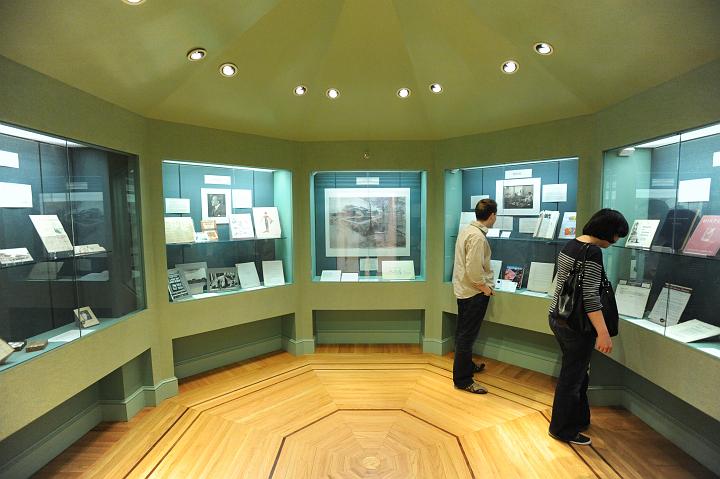Correspondence, manuscripts, notes, technical reports, memoranda, questionnaires, interview schedules, personal and professional documents, several photographs, one tape recording, and printed materials. The correspondence files contain letters to colleagues and researchers such as Bernard Berelson, Robert Lynd, Robert Merton, and Frank Stanton. The subject files document Lazarsfeld's many research projects such as the Admissions Officers Project, 1964-1970, the Planning Project for Advanced Training in Social Research, 1950-1955, and his first major endeavor, the Princeton Radio Research Project, 1937-1940. There are complete records for his 1954-1955 study on McCarthyism's effect on college teaching. These original materials consisting of correspondence, interview schedules, and questionnaires contain many detailed comments which could not be included in the published version of this study, THE ACADEMIC MIND (1958). Numerous files relate to Lazarsfeld's position as Associate Director of the Bureau of Applied Social Research (BASR). There are manuscripts of books, research papers, lectures, and articles by Lazarsfeld as well as by his students and colleagues.
